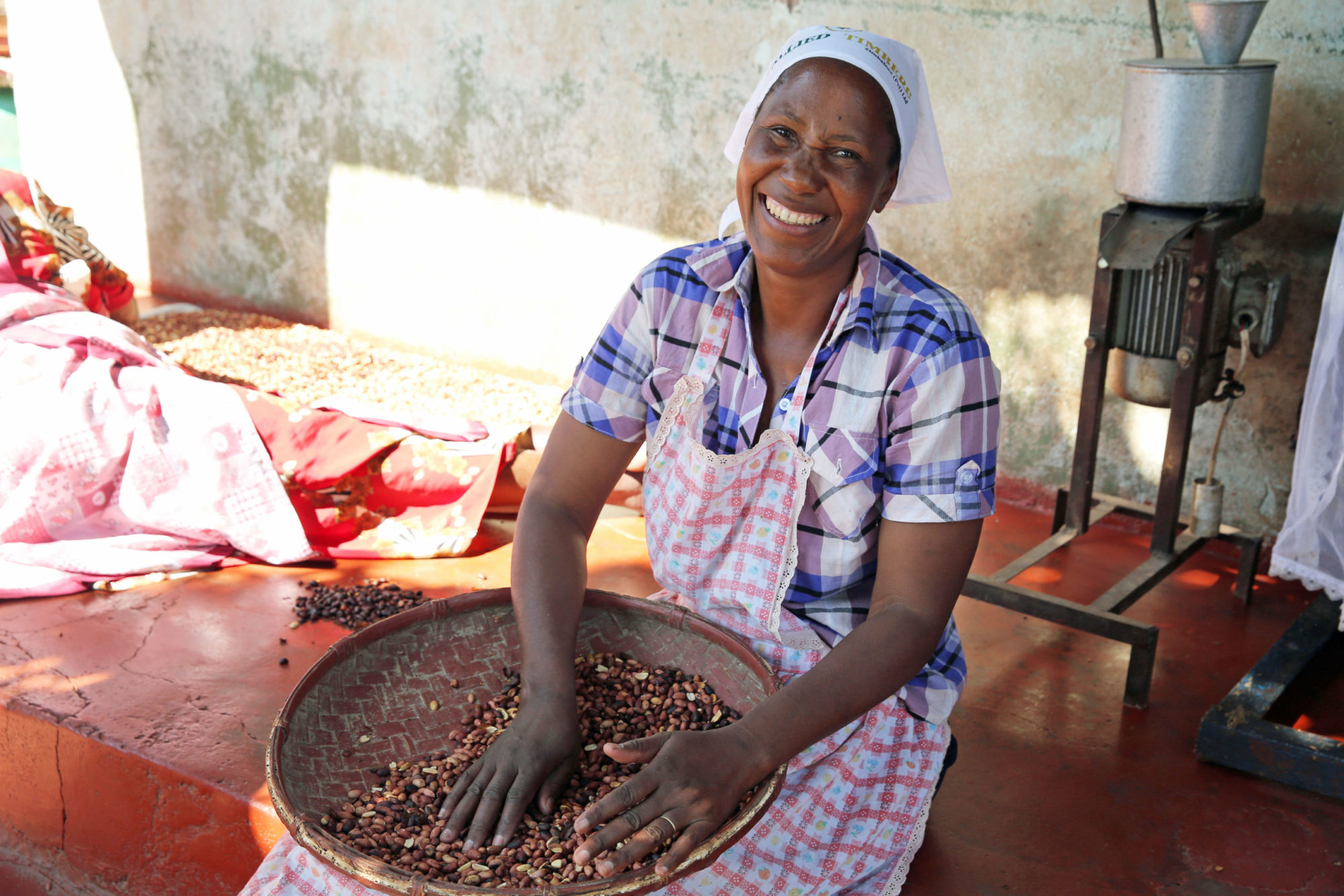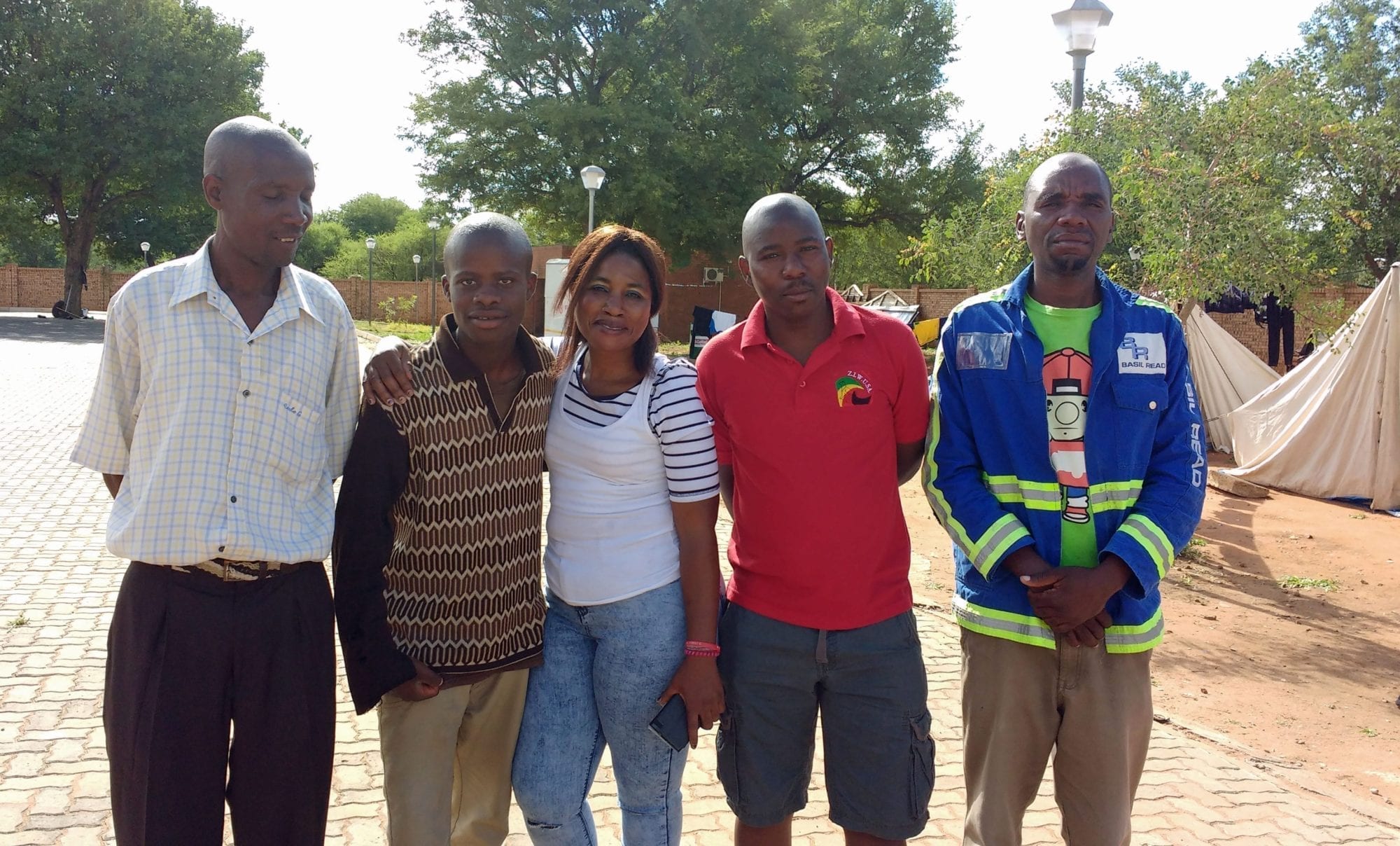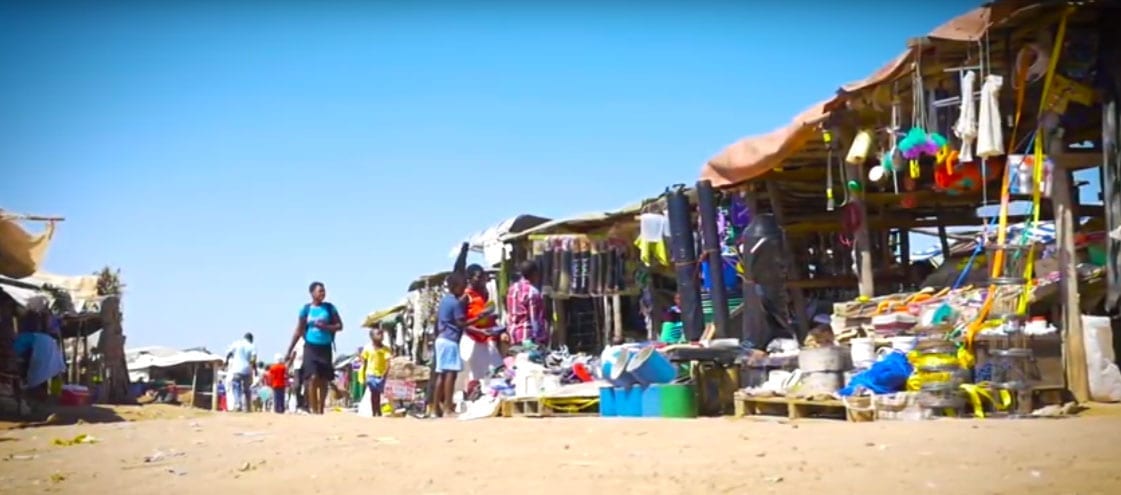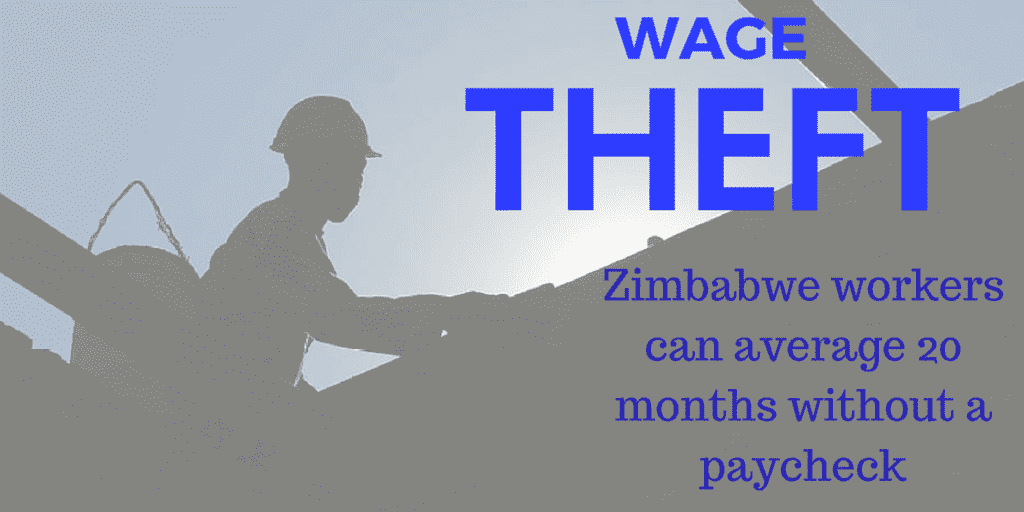Edias was 12 years old when he traveled from Zimbabwe to South Africa to look for a job in agriculture. Now in his mid-twenties, he and other farm workers had been working 12 hour days, 7 days a week, and paid less than half the legal minimum wage when they asked the...

In Zimbabwe, the Solidarity Center supports training to educate and mobilize working women, who comprise the majority of economically-struggling workers in the informal sector. Credit: Solidarity Center/Jemal Countess
The Solidarity Center supports efforts by pro-worker groups such as the Zimbabwe Congress of Trade Unions (ZCTU) and its allies in Zimbabwe, where the trade union movement creates space for independent action and dialogue despite government intimidation.
Leaders and members of the country’s union movement, the largest and most vocal civil society organization in the country, often are targets of violence, and unions face legal and bureaucratic attacks that essentially deny working people their fundamental rights to freedom of association and collective bargaining.
The Solidarity Center supports research by Zimbabwe’s independent economic think tank, LEDRIZ (Labor and Economic Development Research Institute of Zimbabwe), which provides unions with reliable information to take into collective bargaining negotiations with employers, and bolsters their advocacy efforts with state and local officials on behalf of the millions of Zimbabweans struggling to earn a living.
The Solidarity Center supports training to educate and mobilize working women, who comprise the majority of economically-struggling workers in the informal sector, and with Solidarity Center support, the ZCTU and the Zimbabwe Chamber of Informal Economy Associations (ZCIEA) organize these workers so they have a strong collective voice to champion their rights.
Zimbabwe Informal Economy Workers: Bullied, Threatened
In Binga, a small community 400 miles west of Harare, Zimbabwe’s capital, residents support themselves and their families fishing the vast Lake Kariba. With no industry in the area, they depend on the lake for their livelihoods. Yet they say they face constant...
Report: Working without Pay—Wage Theft in Zimbabwe
An astounding 80,000 Zimbabwe workers in formal employment—out of some 350,000 workers—did not receive wages and benefits on time in 2014, according to a new Solidarity Center report, “Working Without Pay: Wage Theft in Zimbabwe,” released today in Harare. As a result...



